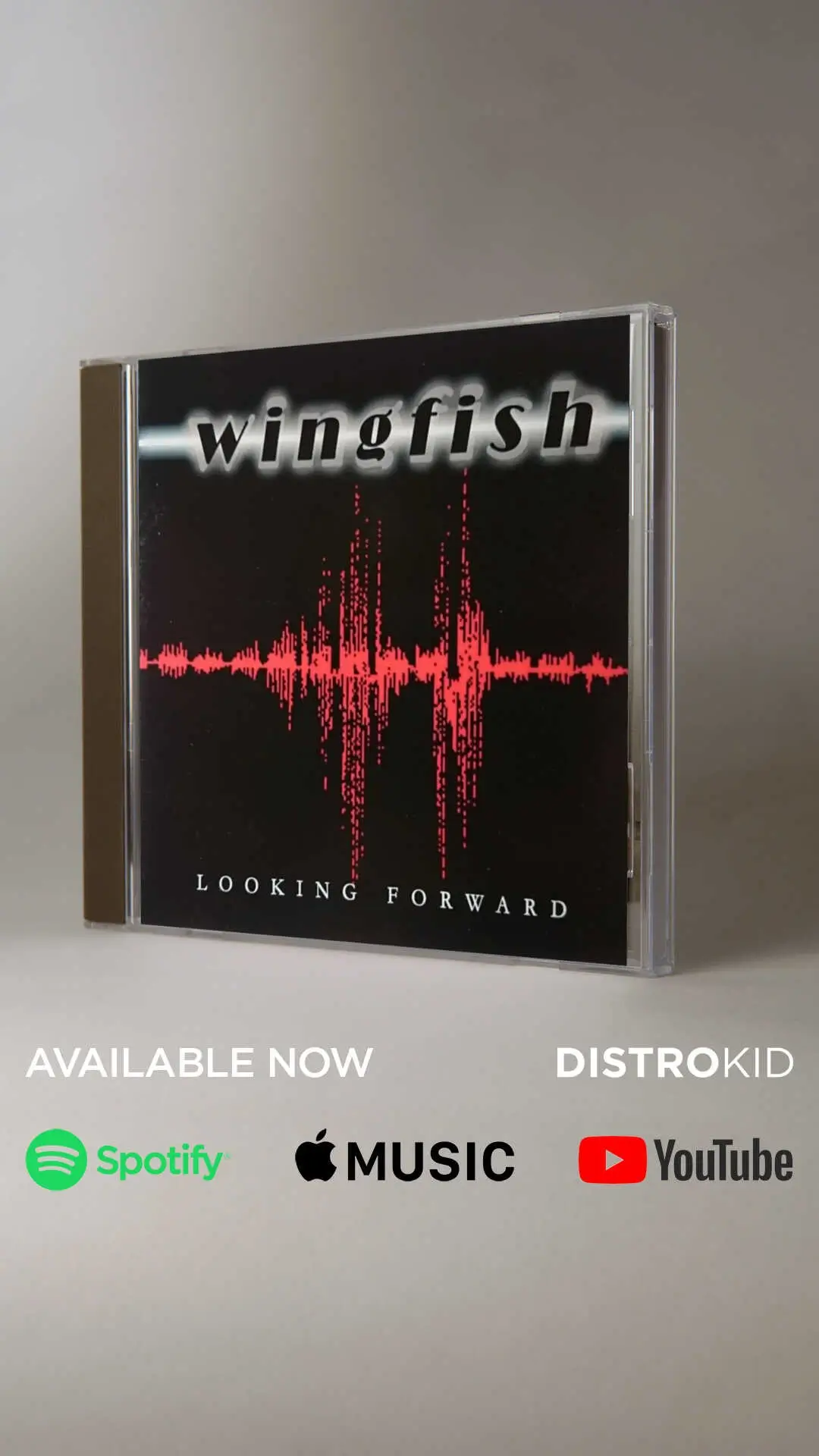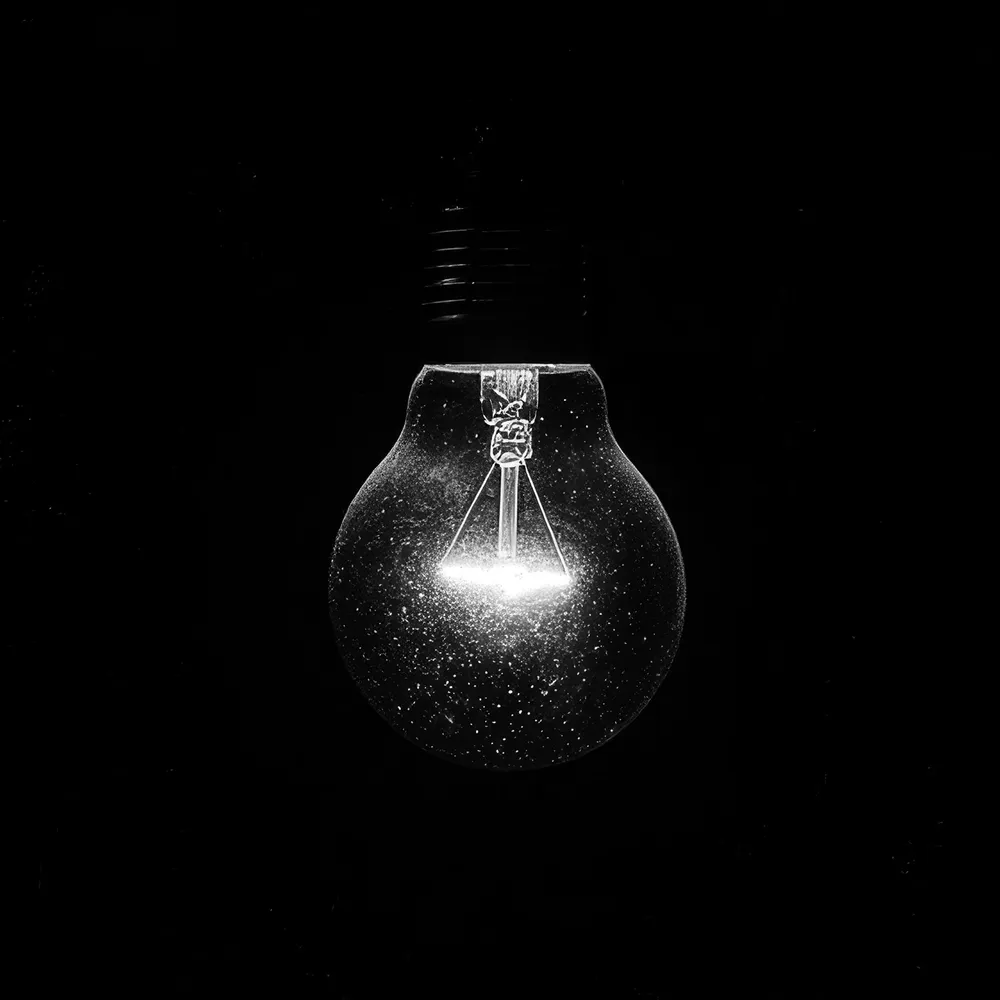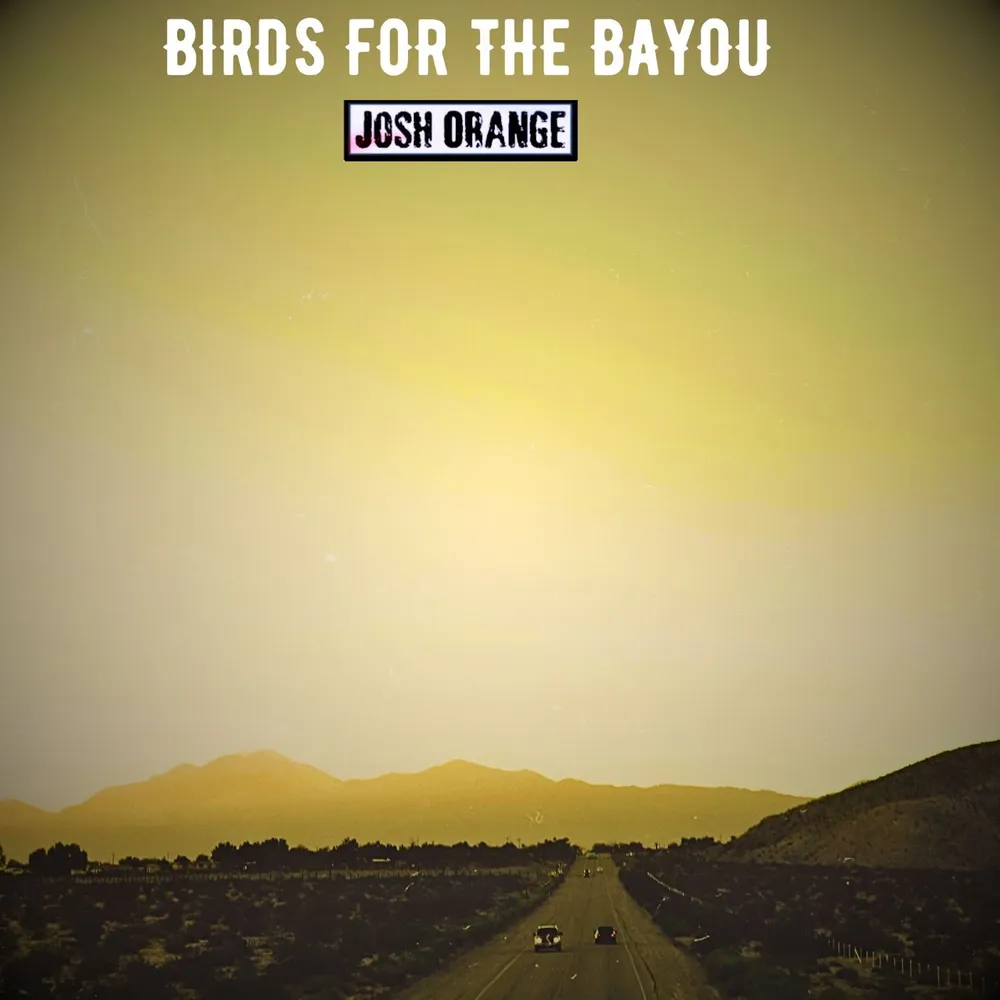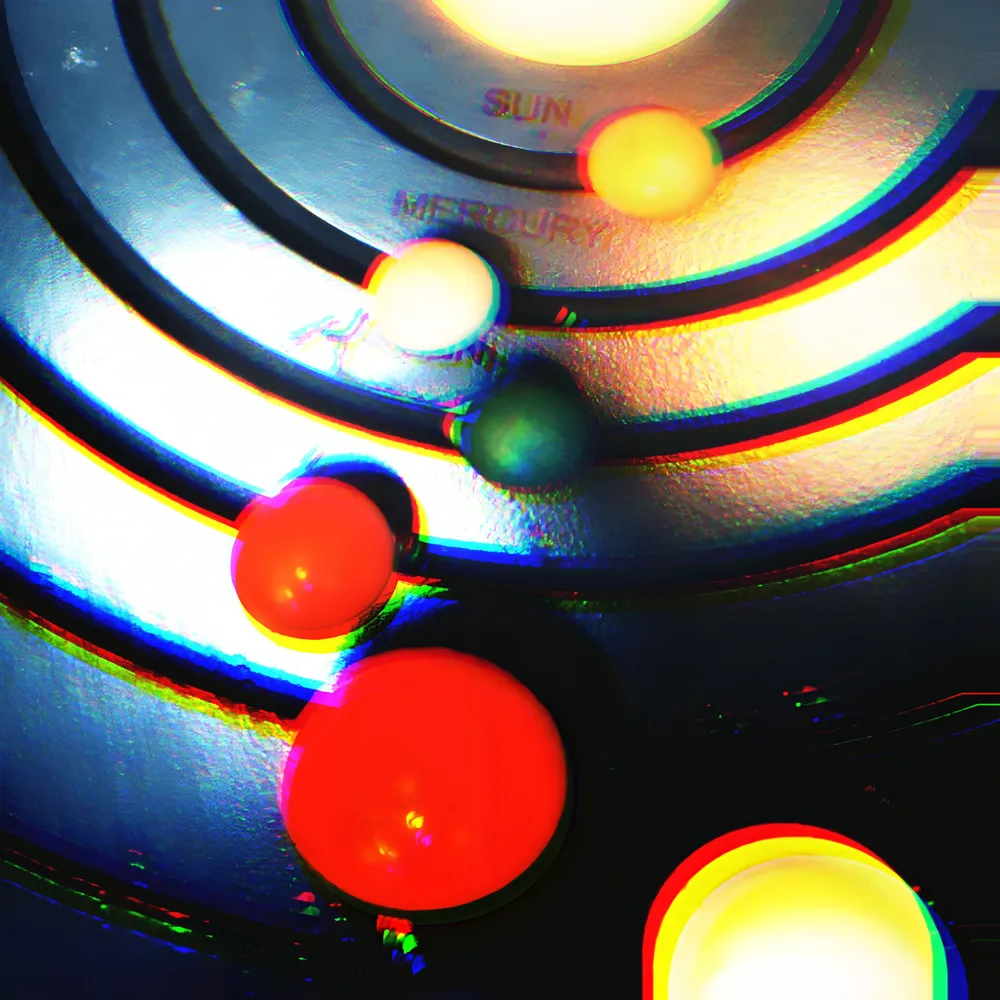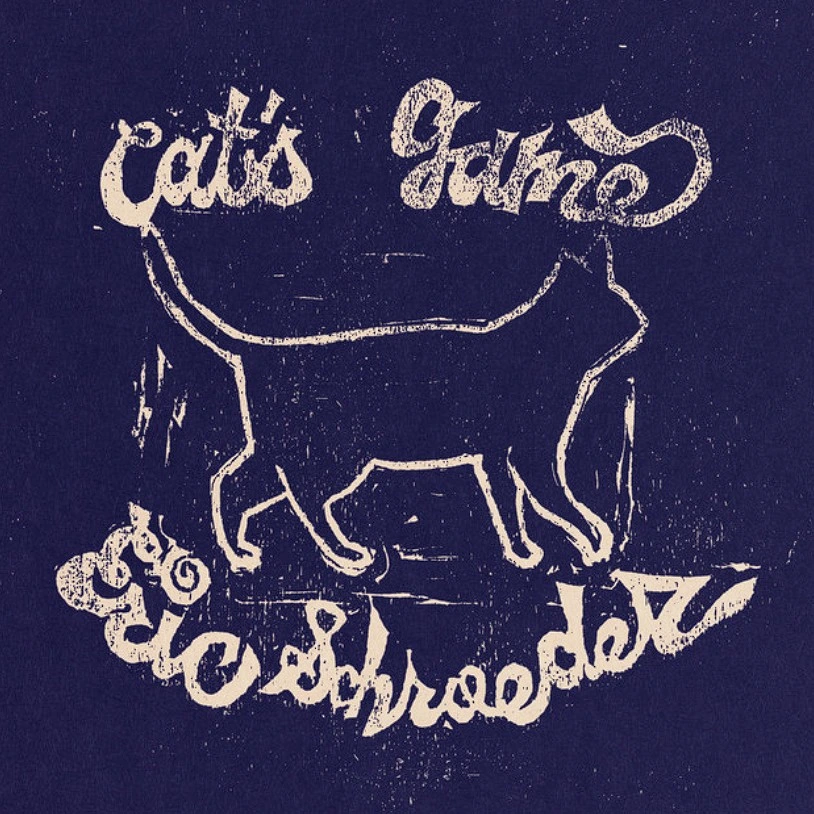I’ll admit: I didn’t expect to still be thinking about Lauren Ash’s music a couple months (has It really been that long?) after she dropped her first rock singles. At the time, “Cool Story, Bro” and “Dumpster Fire” seemed like interesting tracks that I knew I had to keep tabs on. So when news came that Ash’s debut album Call Me When You Get This was on the way, it wasn’t just intriguing; it felt like the inevitable next step. Because if her singles proved she could sling barbed one-liners over chunky guitars, the album proves something bigger: that Lauren Ash has a fully realized artistic voice, one rooted not only in humor but in raw, unflinching emotion.
Debut albums have a strange, almost mythic weight to them. They’re not just playlists or mixtapes; they’re statements, line-in-the-sand declarations that say, “This is who I am, and if you don’t like it, too bad.” For Ash, Call Me When You Get This is exactly that. It’s the sound of someone stepping out from the sitcom spotlight and into the feedback-snarled glare of pop-punk guitars, armed with nothing but heartbreak, gallows humor, and a stubborn refusal to play it safe.

Out September 11, the record is structured as a concept album loosely based on the five stages of grief. But before you picture something ponderous or self-important, let’s be clear: Lauren Ash is not making your cousin’s boring “serious” breakup record. This thing is fun, messy, chaotic, and brutally honest; sometimes all within the same verse. Lauren Ash co-wrote every song and producers Aaron Verdonk (Stereos) and Jesse Colburn (Avril Lavigne) give the whole thing a muscular, high-gloss, early-2000s rock punch. The result? An album that plays like Avril and Alanis got locked in a room with Paramore, too much tequila, and a whiteboard labeled “revenge.”
The full opener, “Diet Coke and Lexapro,” is maybe the most millennial breakup title ever, but it’s also a perfect statement of intent. The song captures the dazed limbo of denial; half sparkling, half numbed-out and sets the emotional stage. It sounds like something The Veronicas would have smuggled onto a Warped Tour compilation, only with more bite.
Now, I’ve written about “Cool Story, Bro” before, and I stand by it: this is a personal favourite on the record. Back when it dropped as a single, I called it a sarcastic middle finger dressed up as a grunge-pop anthem and hearing it in context only makes it sharper. It’s Alanis Morissette filtered through TikTok irony, the kind of song that makes you wish you’d had it queued up during every bad breakup text you’ve ever received. The chorus isn’t just catchy, it’s vindictive: every repetition feels like a perfectly timed clapback you didn’t think of in the moment but will be rehearsing for the rest of your life.
And then there’s “Dumpster Fire,” which I also covered when it first detonated earlier this year. If “Cool Story, Bro” was the sly dagger hidden in your boot, “Dumpster Fire” is the moment you pull out a rocket launcher at a house party. It’s unhinged in all the best ways and It shouldn’t work and yet it does, because Ash doesn’t pretend it’s anything other than chaos.
Elsewhere, “Blow It Up” takes the Carrie Underwood revenge song template of “Before He Cheats,” but with more gasoline and turns it into an unhinged, fist-pumping rocker about sabotaging a relationship before it sabotages you. The record saves its biggest punch for last. “The Day I Got Over You” closes things out as both a eulogy and a victory lap, with soaring choruses and crunchy guitars that sound like they’ve been waiting since 2004 to make a comeback. It’s not about pretending the heartbreak didn’t matter; it’s about survival. Scars and all. Ending here feels like catharsis and not just tidy closure, but proof that moving forward is possible.
Threaded throughout the record are snippets: Intro (Shock), Anger (Interlude), Pain (Interlude), The Upward Turn (Interlude), and Outro (Acceptance?). They’re sometimes darkly funny, and they make the album feel less like a polished product and more like you’ve accidentally hacked into someone’s Notes app during the worst year of their life. It’s risky, but it works. Instead of pulling you out of the music, the snippets deepen it. They blur the line between performance and confession, turning the album into something like a living diary scored by guitars.
What makes Call Me When You Get This hit so hard is the balance between humor and heartbreak. Ash doesn’t just wallow; she skewers. She knows how to land a punchline, but also how to let the silence after it sting. It’s an album that laughs through tears, screams through smirks, and weaponizes vulnerability as both armor and artillery.
By the time Call Me When You Get This fades, you don’t just walk away humming choruses. You walk away knowing Lauren Ash. Not the sitcom character, not the Instagram personality; the person, as a whole. This isn’t a side project. It’s a stadium-ready statement of intent. And honestly? It rocks.
Follow Lauren Ash
About the Author

A tenured media critic known working as a ghost writer, freelance critic for various publications around the world, the former lead writer of review blogspace Atop The Treehouse and content creator for Manila Bulletin.


